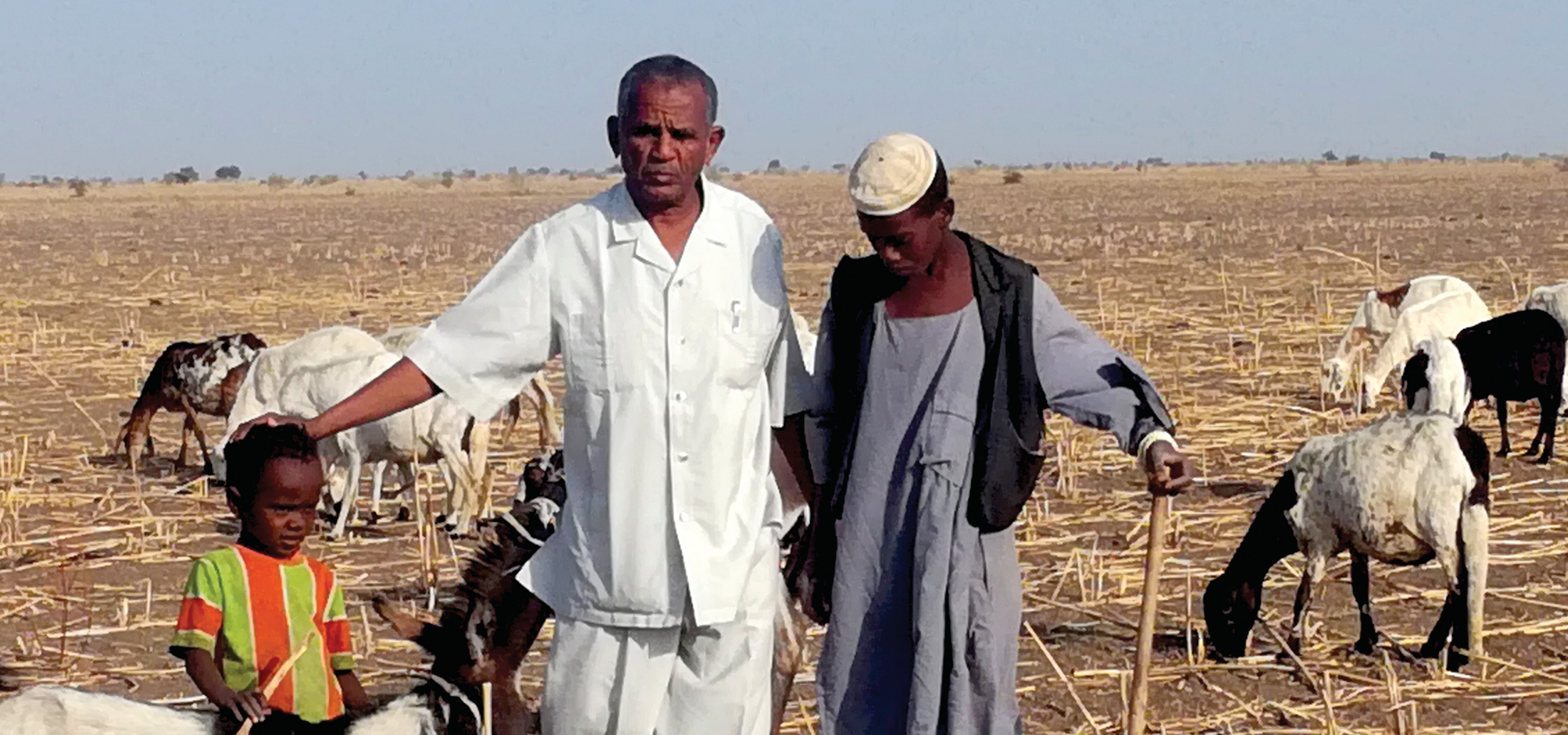The absence of water is perhaps one of the most powerful consequences of climate change. While floods can be devastating, they tend to be short-term, while the impacts of drought can last for years, slowly withering trees, starving people and animals, and transforming landscapes. Herders and smallholder farmers in the arid lands of the Horn of Africa, where the challenges of water shortages are ever-present, have adapted to periodic droughts over hundreds of years, but climate change is now challenging their knowledge and experience in ways they have never before encountered. The governments of the region are realising that responding to drought as an emergency does not necessarily meet needs beyond the short term, and so are looking to move beyond crisis management to strategically managing the risks associated with drier conditions over time. To support this shift in thinking, GWP in partnership with the WMO, built on previous project experience to build capacity in managing drought and promoting water security in the region.
Starting with policy
In 2010, GWP and the WMO decided to work together to support governments to build resilience to drought in their countries through applying the principles of integrated water resources management (IWRM). Drawing on their joint experience through the Associated Programme on Flood Management (APFM), they would address multiple components of drought management, including disaster risk reduction, climate adaptation strategies, and national water policies aimed at meeting the needs of all stakeholders affected by drought.
The Integrated Drought Management Programme (IDMP) was launched in Geneva at the High-Level Meeting on National Drought Policy in 2013, with the Horn of Africa identified as one of the regions of focus. Global Water Partnership Eastern Africa, through the Intergovernmental Authority on Development (IGAD) Member States of Djibouti, Eritrea, Ethiopia, Kenya, Somalia, South Sudan, the Sudan, and Uganda, was mobilised to engage with stakeholders from multiple sectors at country level. This engagement revealed opportunities for interventions at several levels of governance.
While the governments of the region had policies for water, climate change, and disaster management, none had specific drought management policies. Production of an overview of drought policy and institutional frameworks for Djibouti, Ethiopia, Kenya, Somalia, South Sudan, the Sudan, and Uganda made it clear that raising awareness among policy-makers about the significant economic impacts of drought was needed and this led to discussions about including awareness as a priority in analysing risks related to climate and water.
Demonstrating tools and approaches to building capacity
A series of demonstration project case studies, workshops, and training sessions also revealed how the effects of drought were leading to conflict in the region, as pastoralists were forced to constantly move with their herds of livestock in search of water and grazing, encroaching upon the fields of smallholder farmers. These vulnerable communities needed to develop strategies for coexistence. The projects tested integrated and participatory watershed management tools, experimented with water harvesting technologies, investigated lending schemes for climate-resilient agriculture, and developed appropriate infrastructure for pastoral peoples. As well as providing lessons about how to engage communities in climate-resilient practice, the work allowed the IDMP to identify the different stages attained by countries in the region in establishing and developing national frameworks and relevant policies for drought resilience.
Formalising partnerships
GWP and WMO found the insights and recommendations from this demonstration work useful. To follow up on the work, in 2015, GWP Eastern Africa and Global Water Partnership Organization signed a Memorandum of Understanding with the IGAD, formalising collaboration. This collaborative work included a five-year capacity development programme for on-the-ground training as well as improving institutional capacity in integrating work in the water, agriculture, disaster, and climate sectors.
The IDMP made it clear that there was more to do in the region, at both government policy and community levels. In 2016, supported by an IDMP workshop, GWP Eastern Africa began discussions with another GWP partner, the Sahara and Sahel Observatory (OSS), to consider a new programme of work that would build on the relationships and knowledge created during the IDMP to focus on vulnerable and marginalised communities.
Project preparation and financing
Through OSS, an accredited entity with the Adaptation Fund, the partners decided to undertake consultations in the Horn of Africa region with the aim of developing a proposal targeting the region’s vulnerable and marginalized communities. A project concept was developed and submitted to the Adaptation Fund and was awarded funding in 2017. Adaptation Fund approval requires, at each stage of work from pre-concept to final project, that all countries involved submit letters of no objection. In the case of the new joint GWP-OSS Horn of Africa project, this meant obtaining consent from the four countries that had signed the Kyoto Protocol and expressed interest in working together: Djibouti, Kenya, the Sudan, and Uganda. At each stage, there were opportunities for the countries to express their needs and priorities.
“Access to some people in government circles is not always easy. In many countries, the agency responsible for disaster management is in the office of the President, Vice-President, or Prime Minister: sometimes it is a tall order to reach that level. But through our GWP network, contact with partners, we can often get to these people. It takes time, but it can be done, and it is worth the effort.” Gerald Kairu, Programme Manager, IDMP and DRESS-EA.
In October 2019, a new four-year project, Strengthening Drought Resilience for Smallholder Farmers and Pastoralists in the IGAD Region (DRESS-EA), received funding of €11 million from the Adaptation Fund. The project is both supporting governments at the policy level and reaching out to people on the ground through training, capacity building, and demonstrating adaptation actions, together learning new ways to deal with drought.

